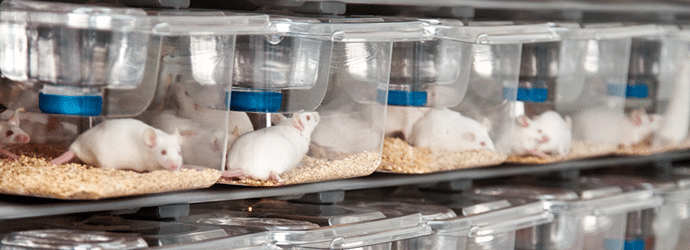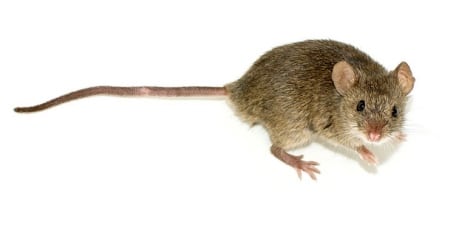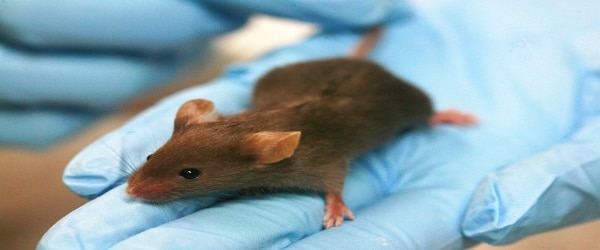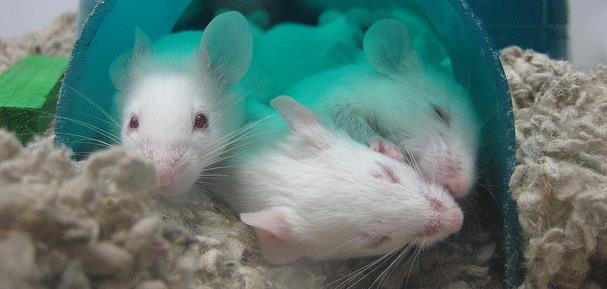A Beginner’s Guide to Measuring Metabolism In Vivo
Have you ever seen a mouse chowing down on its dinner and wondered how it translates to energy? Well, that’s exactly what is keeping some scientists up at night, and luckily these questions are now becoming easier to answer in quite significant detail. Over the last couple of decades, several companies have developed ‘metabolic cages’….




